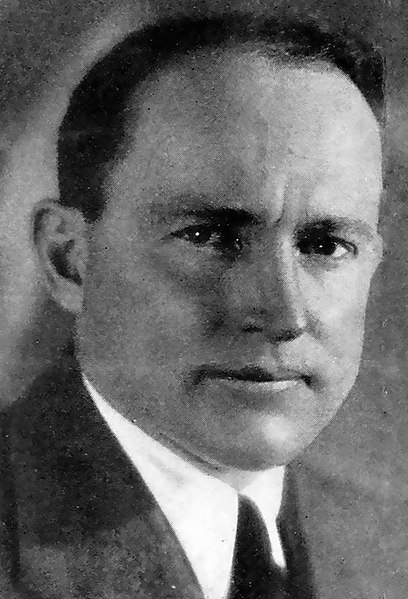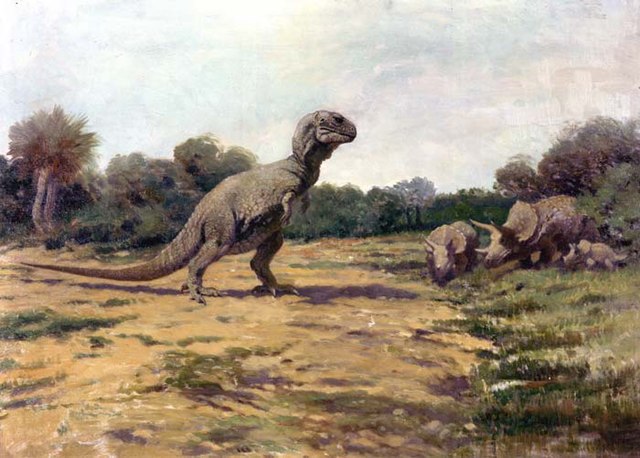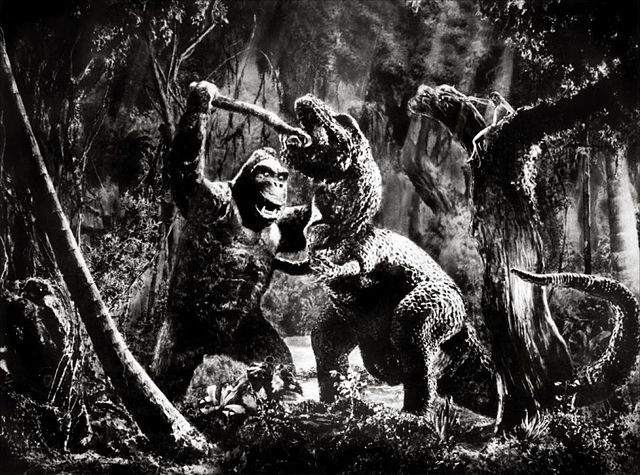Merian Caldwell Cooper was an American filmmaker, actor, and producer, as well as a former aviator who served as an officer in the United States Army Air Service and Polish Air Force. In film, his most famous work was the 1933 movie King Kong, and he is credited as co-inventor of the Cinerama film projection process. He was awarded an honorary Oscar for lifetime achievement in 1952 and received a star on the Hollywood Walk of Fame in 1960. Before entering the movie business, Cooper had a distinguished career as the founder of the Kościuszko Squadron during the Polish–Soviet War and was a Soviet prisoner of war for a time. He got his start in with film as part of the Explorers Club, traveling the world and documenting adventures. He was a member of the board of directors of Pan American Airways, but his love of film took priority. During his film career, he worked for companies such as Pioneer Pictures, RKO Pictures, and Metro-Goldwyn-Mayer. In 1925, he and Ernest B. Schoedsack went to Iran and made Grass: A Nation's Battle for Life, a documentary about the Bakhtiari people.

Merian C. Cooper in 1927
Death statement from when Cooper was presumed dead in 1918
Merian C. Cooper in Polish Air Force uniform
Cooper at the Latvian border after escaping the Soviet POW camp
King Kong is a 1933 American pre-Code adventure horror monster film directed and produced by Merian C. Cooper and Ernest B. Schoedsack, with special effects by Willis H. O'Brien. Produced and distributed by RKO Radio Pictures, it is the first film in the King Kong franchise. The film stars Fay Wray, Robert Armstrong and Bruce Cabot. In the film, a giant ape dubbed King Kong captured from Skull Island attempts to possess a beautiful young woman.
Theatrical release poster
Charles R. Knight's Tyrannosaurus in the American Museum of Natural History, on which the large theropod of the film was based
Promotional image featuring Kong battling the Tyrannosaurus
Grauman's Chinese Theatre, where King Kong held its world premiere.








